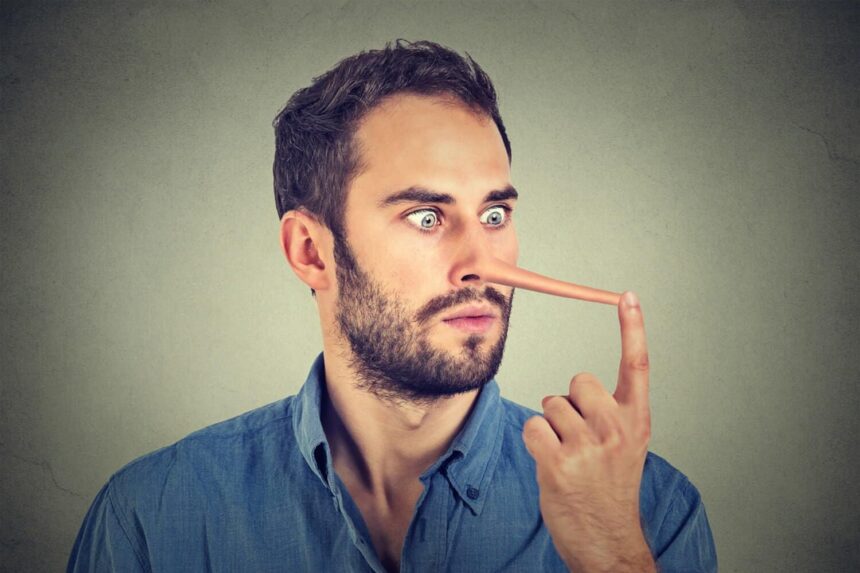Unveiling the Truth: How Body Language Can Expose Lies
Just like Pinocchio’s nose, our bodies have a way of revealing when we’re not being truthful. Whether it’s a subtle gesture or a nervous twitch, experts have uncovered the signs that give away a liar. So, how can you spot a lie? Here are some tips:
Speech Patterns: Pay attention to sudden changes in how someone speaks. A shift in speed, pitch, or tone could indicate deceit. According to Gregg McCrary, a retired FBI profiler, abrupt changes in speech mannerisms may signal dishonesty.
Non-Congruent Gestures: When body movements don’t align with spoken words, it can be a sign of untruthfulness. Dr. Ellen Hendriksen from Boston University suggests that gestures that contradict verbal statements can be a red flag for lying.
Not Saying Enough: Liars often deceive by omitting details. When asked for more information, truth-tellers tend to provide additional details, while liars may struggle to provide a consistent story.
Saying Too Much: Researchers from Harvard Business School have found that liars tend to over-explain their lies. They may use excessive details or unnecessary words in an attempt to make their story more convincing.
Vocal Tone Shifts: Cultural differences can influence vocal tone when lying. Research has shown that different cultures may exhibit variations in pitch when being untruthful.
Eye Direction: Contrary to popular belief, eye movements may not reveal much about lying. Studies have shown that maintaining direct eye contact does not necessarily indicate truthfulness.
Covering Mouth or Eyes: Subconsciously covering the mouth or eyes while speaking could be a sign of deception. This behavior may indicate an attempt to hide reactions or avoid revealing the truth.
Excessive Fidgeting: Excessive fidgeting, such as touching nails or shaking hands, can be a sign of anxiety during a lie. The body may exhibit these actions as a way to cope with stress.
Finger Pointing: Aggressive finger pointing may indicate an attempt to deflect blame or shift focus away from oneself. This gesture, especially if unusual for the individual, could suggest deception.
Self-Identifying as a “Good Liar”: Studies have shown that individuals who boast about their lying abilities are often less trustworthy. Those who claim to be skilled liars may be more prone to telling lies, even to close acquaintances.
By being aware of these subtle cues and behaviors, you can become more adept at spotting lies and uncovering the truth. Remember to trust your instincts and observe body language closely to decipher the hidden messages behind spoken words.








